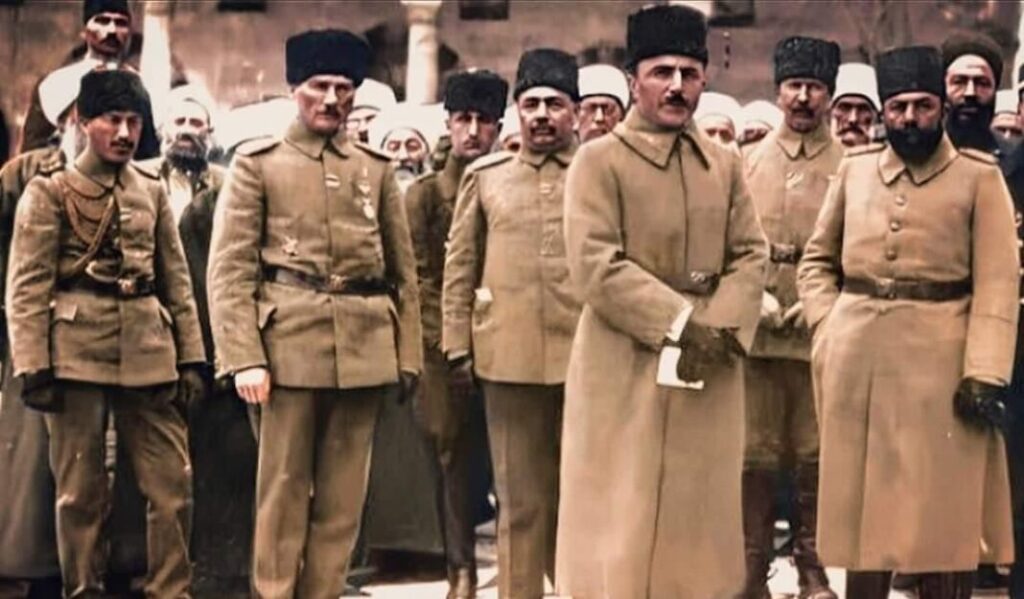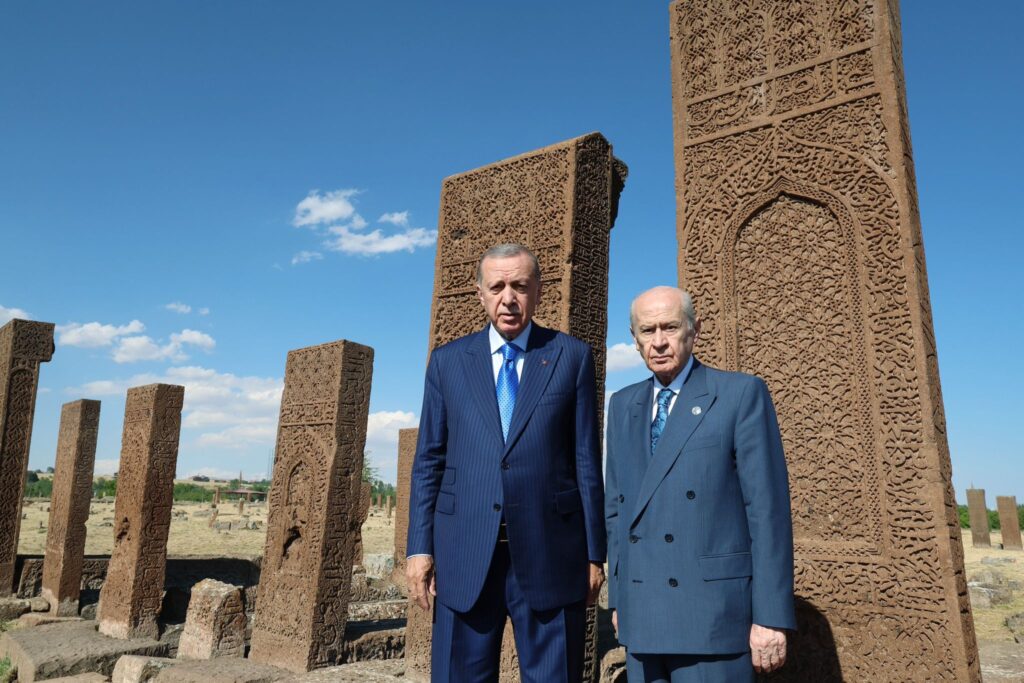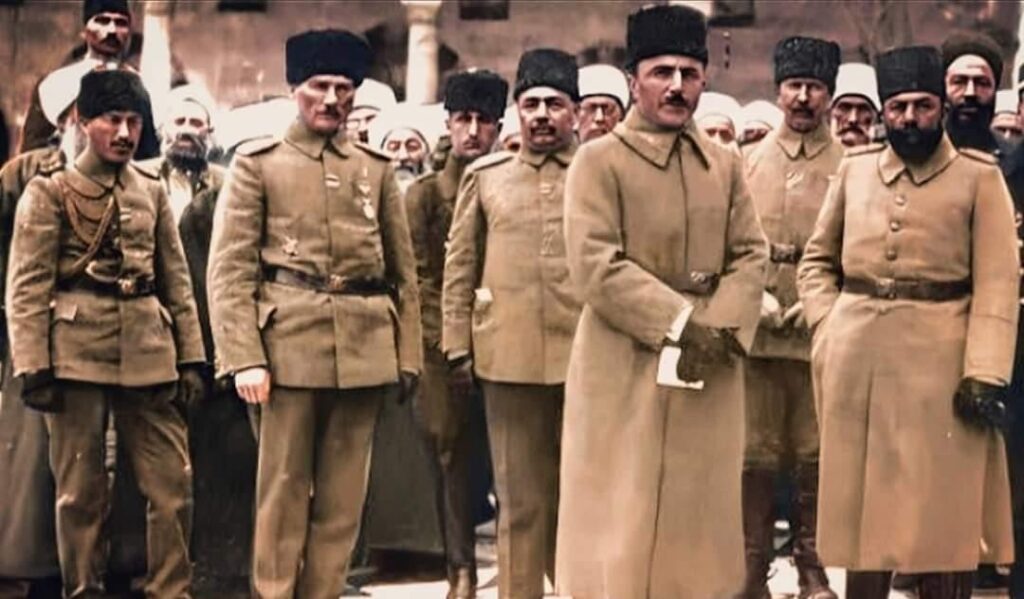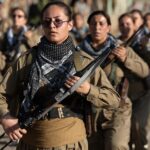Etyen Mahçupyan
The story going on in the Middle East started with Iran's strategy of creating a conterminous Shiite line. Iraq constituted a problem for this line, which connected Iran to Lebanon through Syria. Moreover, the majority of the public was Shiite in this country, which was administrated by a Sunni leader. Although Iran failed to win the war, it lost Iraq and its former president, Saddam Hussein, with the U.S. intervention in the country. However, a similar uncertainty goes for Syria, if an administration whose identity matches the majority of the public is sought. This is because, as opposed to Iraq, the Assad family is Shiite, but the majority of the Syrian public is Sunni. So Iran needed to produce conditions that would keep Syrian President Bashar Assad in power.
Iran implemented a rather outdated but functional tactic. First, it established great pressure on the Sunni minority in Iraq thanks to the discriminatory politics of former Iraqi Prime Minister Nouri al-Maliki's administration and led Iraq to be a center of attraction for Sunni radicalism. Al-Qaida and many of its affiliates entered the region during a short time. Prisons were evacuated and convicts got involved in the equation as the natural materials of terrorist groups. So, DAESH was born as a very small group in this environment. However, it cut loose from the al-Nusra Front and other organizations with which it acted in unison after a short while and crossed into Syria, or was incited to do so. Actually, the situation in Syria was very favorable for Iran's objectives. Despite constituting the majority, Sunnis were oppressed by the regime, but failed to show enough resistance, as they were weak. DAESH flourished in this environment. But it was never engaged in an open war with Assad's forces. It appeared that both hostile parties were happy with each other's presence. Incomprehensibly, DAESH's main target was Sunni groups and the Free Syrian Army (FSA). After a short tussle with the Kurdish Democratic Union Party (PYD), which had a different position, DAESH experienced moderation in its relations with the PYD. We witnessed that the PYD and DAESH behaved as if they were engaged in a partnership. They shared territory and had a division of labor between each other.
When looking back, Iran's success is very clear. Thanks to DAESH, it rendered the Sunni opposition illegitimate even though it constituted the majority, and guaranteed the permanence of Assad on behalf of stability. While all this was happening, the Western world fixed its eyes on DAESH and was paralyzed under the "charismatic" influence of this demonic action group, so much so that questions such as how this organization was formed, how it survived and to whom it served were completely sidelined. The "civilized and modern Christian world" faced "Islamic radicalism," which had been waiting in fear for a while. We can see Islamophobia, the West's unresolved troubles with migrants, or its timidity in the face of the uncontrolled Arab Spring democracy behind this attitude, which took the easy way out. Yet, the result remains the same.
In this process, Iran enhanced its own legitimacy by signing a nuclear deal with the West. However, it was not possible for Iran to be so visible in the region. At the same time, the West was forming a coalition against the never-ending DAESH threat and Russia was not likely to remain a mere spectator to all that was happening. So Iran encountered a very expedient opportunity of Russia, which is Iran's long-time partner, realizing the politics that would fit its purpose.
Russia had to show off its imperial power militarily, in a period when the Russian economy is in a downturn. So it was a slight possibility that Russia would reject the opportunity to add Syria to the line of Ukraine, Crimea and Georgia. Russian President Vladimir Putin got involved in the equation like a bull in a china shop and put his weight behind Assad without hesitating to conceal this support. The objective was to protect DAESH and completely break the resistance of the opposition, which represents the true Sunni majority in Syria. This is part of Iran's years-long dream with a minimum cost, but above all, if this is the game, who can deny that Iran is its best player?
Yazıyı beğendiysen, patronumuz olur musun?
Evet, çok ciddi bir teklif bu. Patronumuz yok. Sahibimiz kar amacı gütmeyen bir dernek. Bizi okuyorsan, memnunsan ve devam etmesini istiyorsan, artık boş olan patron koltuğuna geçmen lazım.
Serbestiyet; Türkiye'nin gri alanı. Siyah ve beyazlar içinde bu gri alanı korumalıyız. Herkese bir gün gri alanlar lazım olur.



















